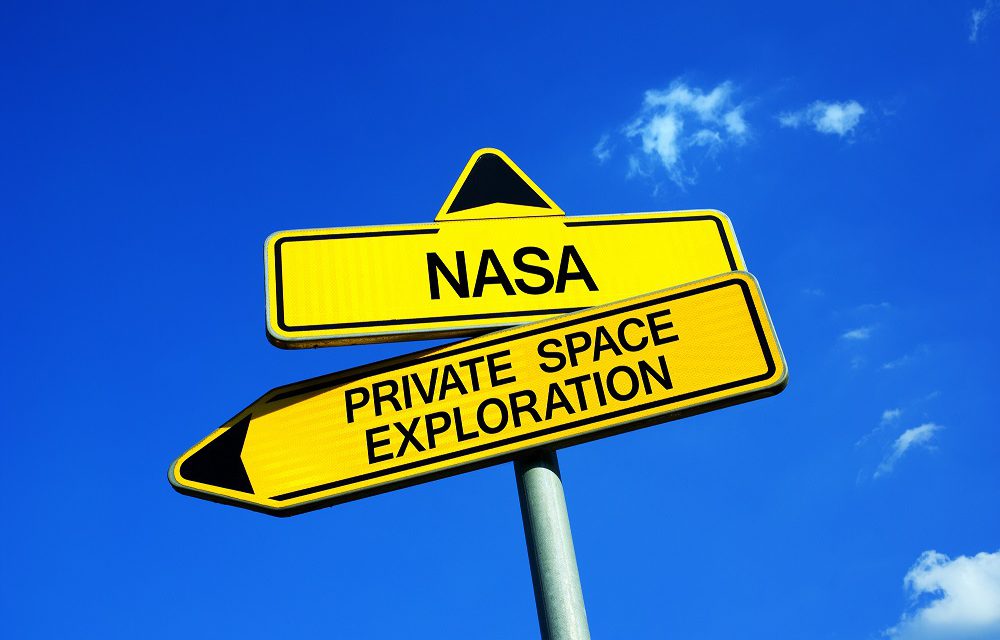
Privatization of Space Exploration
Unless there is a way to be rewarded for the risk entailed in private space exploration, the incentive to take that risk is insufficient to fully realize the benefits of space exploration. But, can anyone “own” space?
To view the full article please register below:
Privatization of Space Exploration
No. 3 in the series,
Until 2004, private space travel was illegal. Since legislation was passed permitting the private sector to compete with NASA, some of the most exciting developments in space exploration have emanated from private companies, such as SpaceX, Orbital Sciences and Virgin Galactic.
Not since the heyday of the 1960s has space exploration seemed so full of promise and wonder. While it takes an extraordinary amount of capital and involves exceptionally large risks, the potential rewards of space exploration are outsized for private investors and potentially profound for mankind.
The Search for Knowledge and Profit
There are a number of ways in which private companies can turn a profit and humans can benefit.
- Abundant, Clean Energy—Solar power captured outside of Earth’s atmosphere is far more powerful and efficient than what can currently be harnessed on the surface.
- Reduce Environmental Degradation—Asteroid mining could become an important source of both conventional and rare minerals, which may limit mining here on Earth and reduce the environmental damage it can cause.
- Ensure our Existence—Whether it is rogue asteroids or the sun’s eventual demise, technology needs to be developed to protect us from events like the one that wiped out dinosaurs or provide the ability to colonize other planets.
- Unexpected Benefits—The quest for knowledge and new adventures has historically led to technological advancements that have promoted unforeseen benefits for mankind.
Property Rights: A Precondition for Profit
Unless there is a way to be rewarded for the risk entailed in private space exploration, the incentive to take that risk is insufficient to fully realize the benefits of space exploration. But, can anyone “own” space?
Space is generally considered a “commons,” a resource that is cooperatively used by multiple countries, but owned by none. In fact, the 1967 Outer Space Treaty, signed by the United States, states that the exploration and use of outer space shall be carried out for the benefit and in the interests of all countries and shall be the province of all mankind.
There is debate over what this language means. Some choose to interpret this as a prohibition of any national claim of territory, but not to resources. Nevertheless, the U.S. has passed legislation that permits businesses to establish outer space resources as their property.
With this protection in place, many observers believe that there will soon come a day when private interests, not nations or consortia of nations, will come to dominate space exploration.
To read additional articles in our series “The Future of…”, please click here.
See referenced disclosure (2) at https://blog-dev.americanportfolios.com/disclosures/
Want to learn more about what our futures may hold? Check out other blogs in “The Future Series“.
SIX INDUSTRY-ALTERING IMPLICATIONS OF AUTONOMOUS CARS
TRENDS IN GLOBAL ENERGY INVESTMENTS












